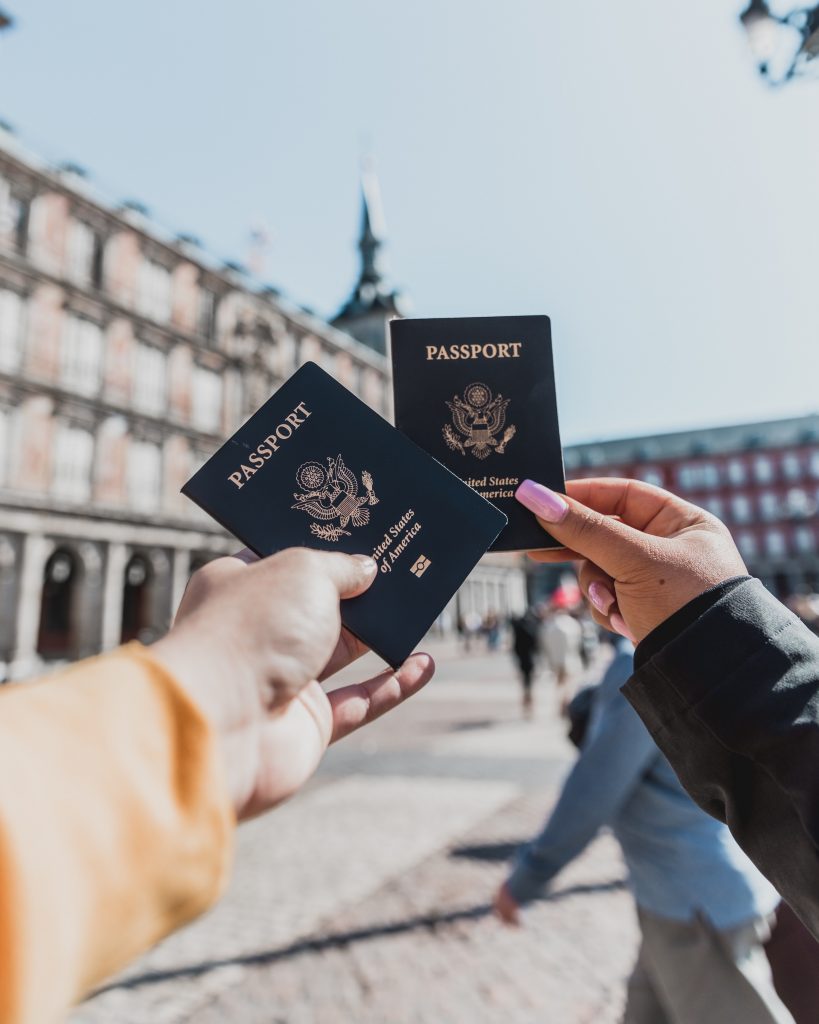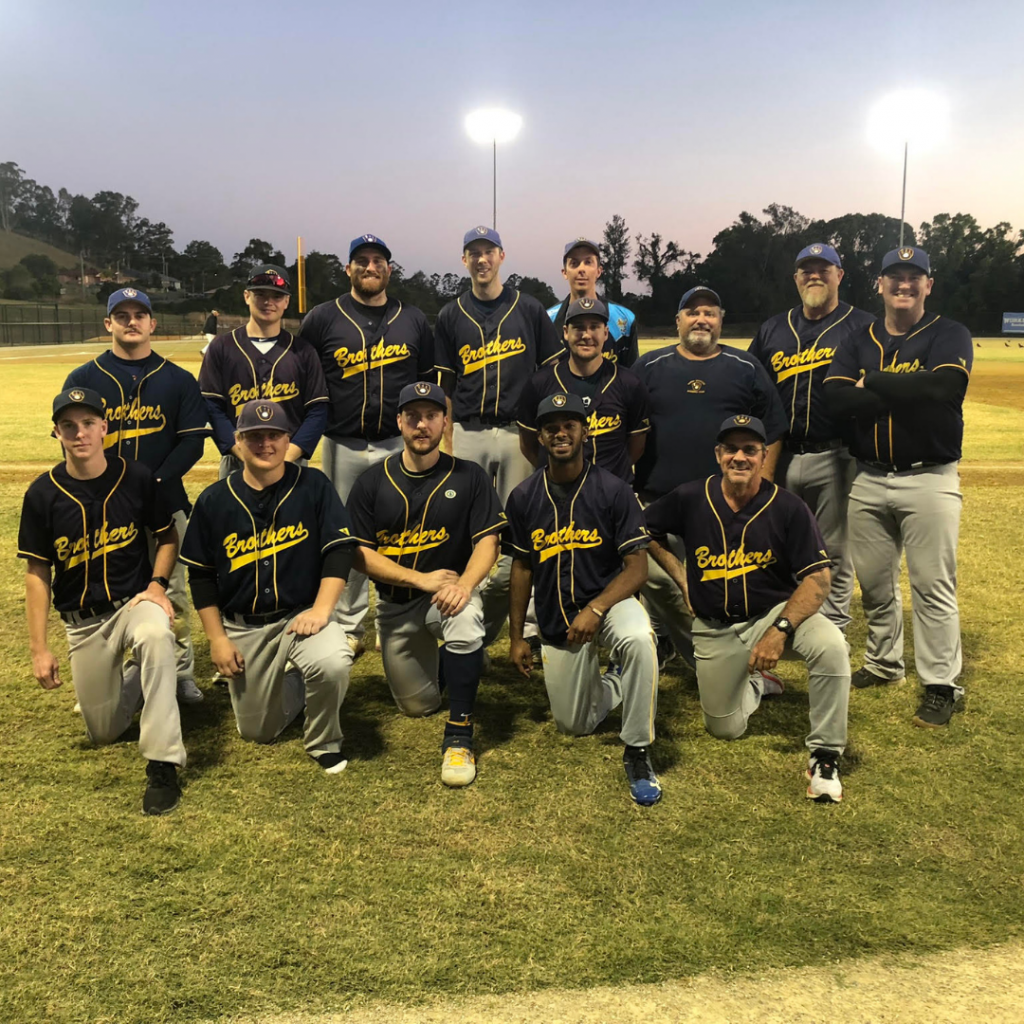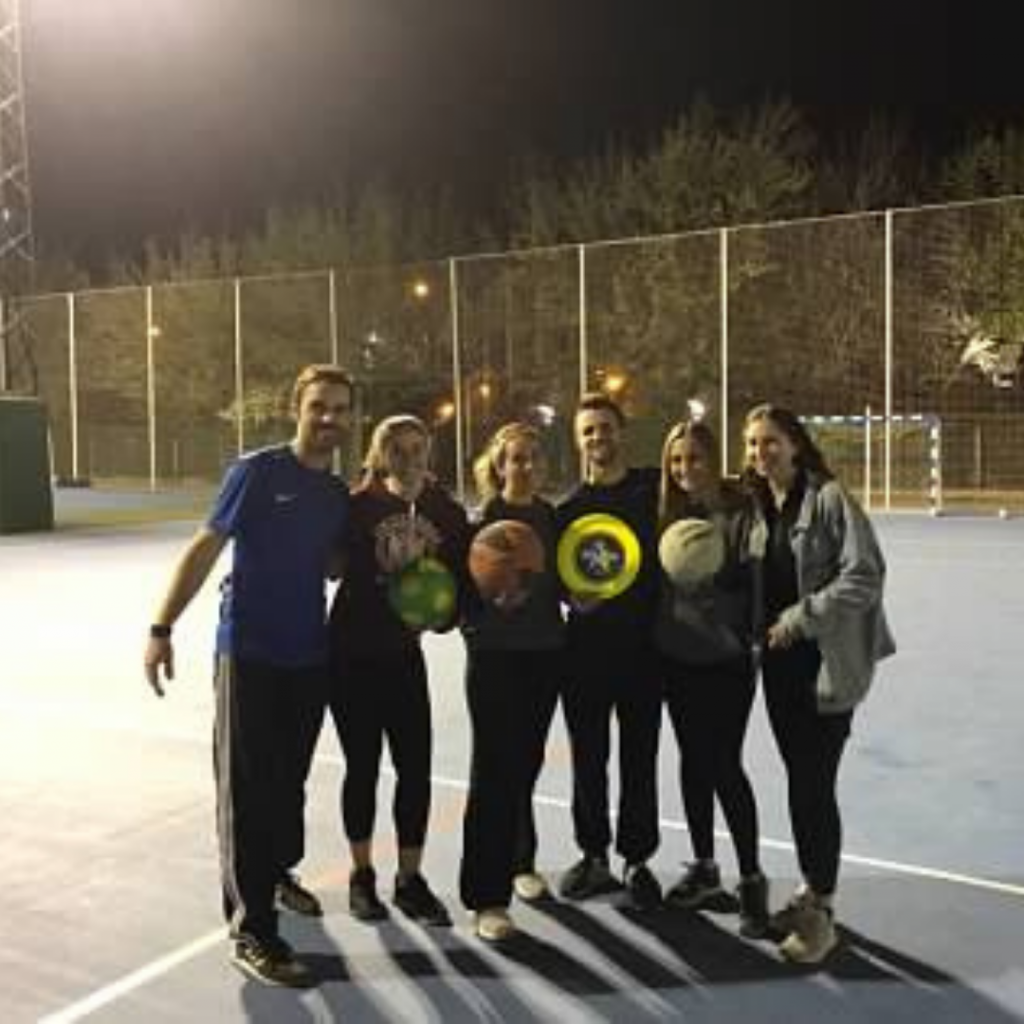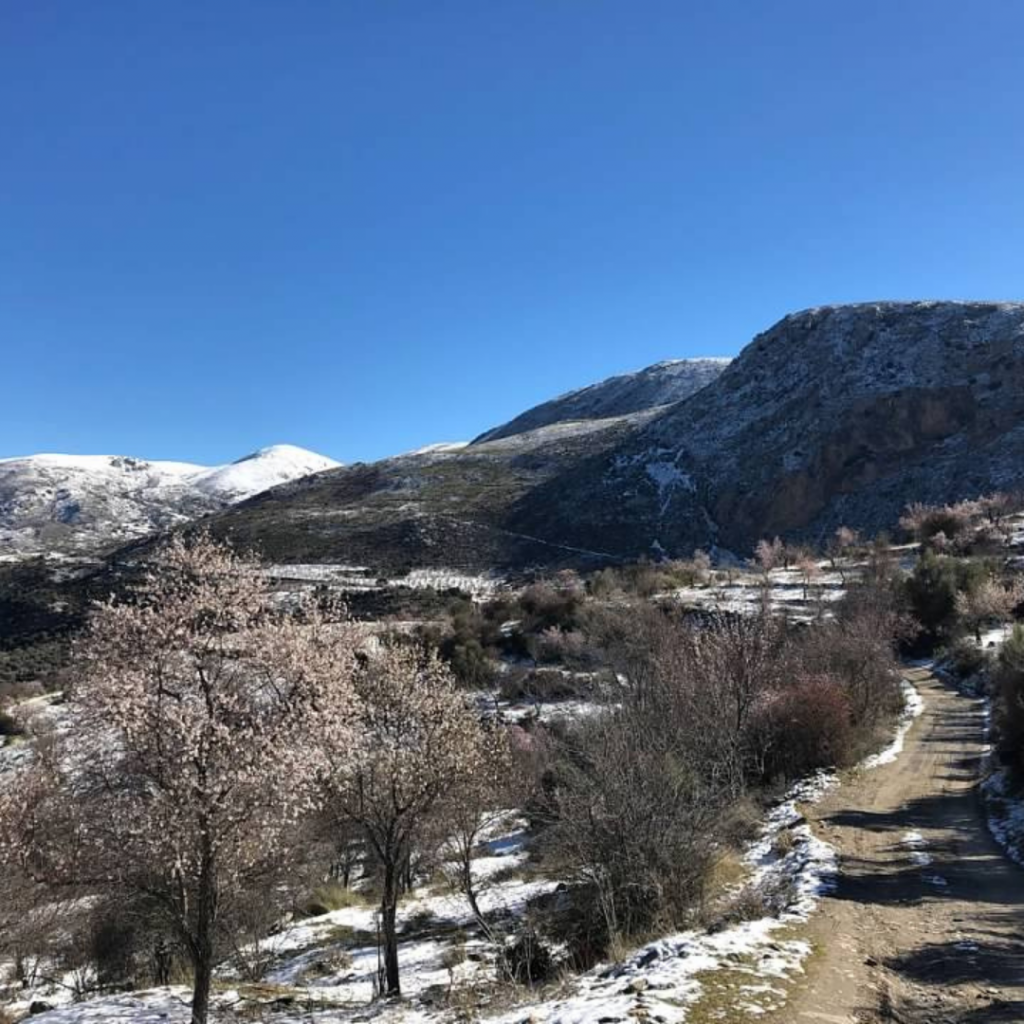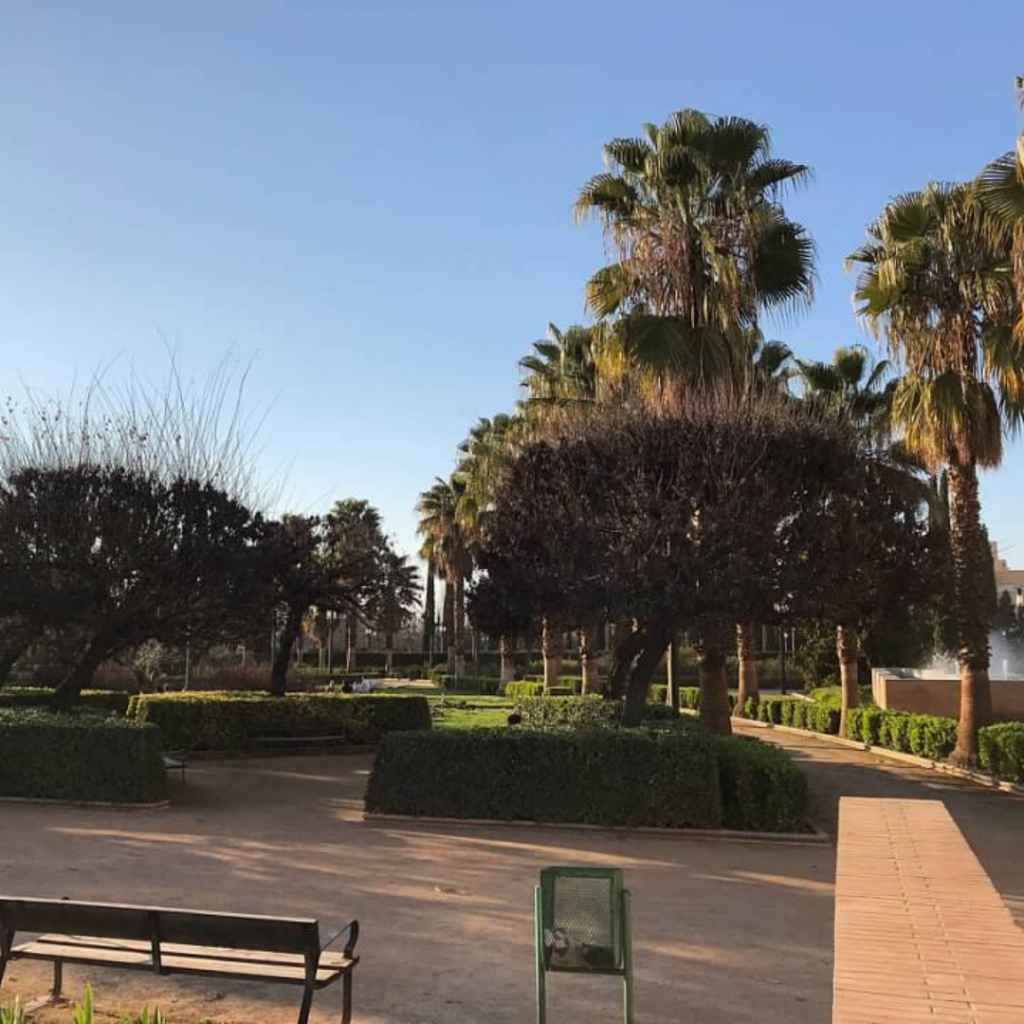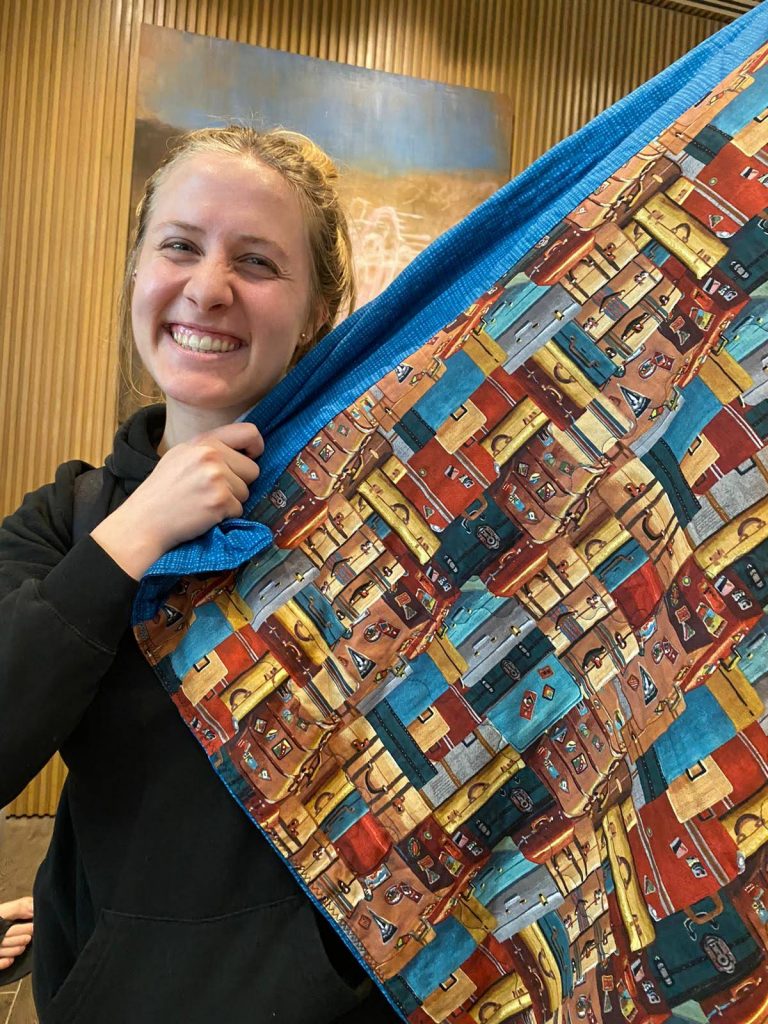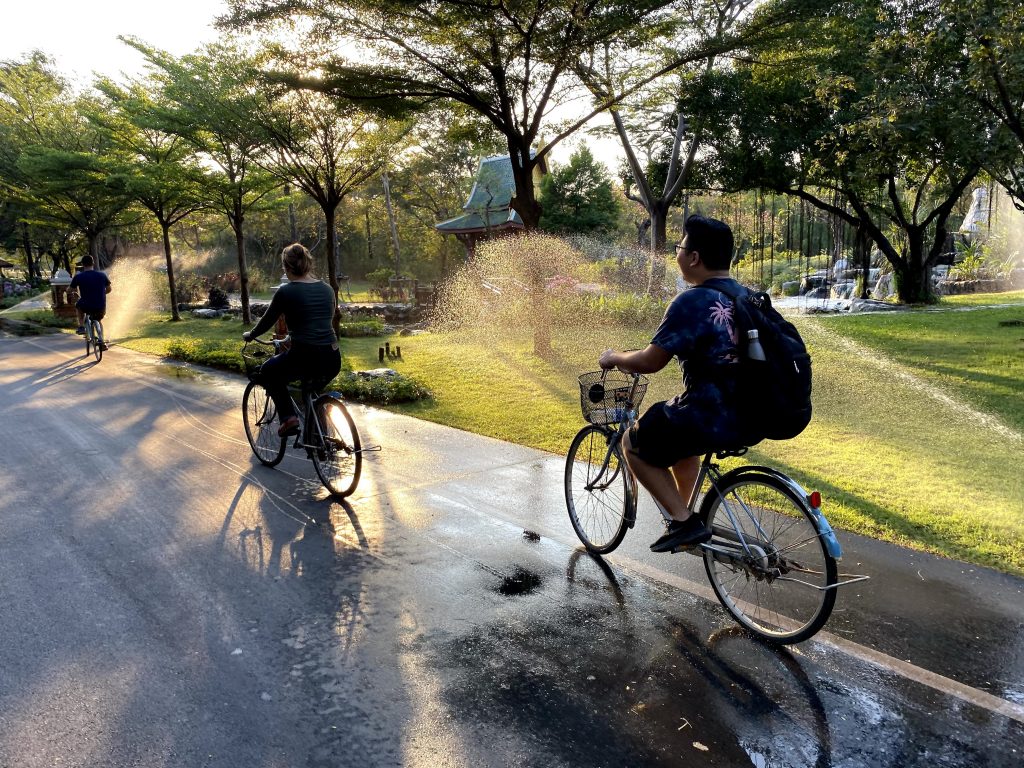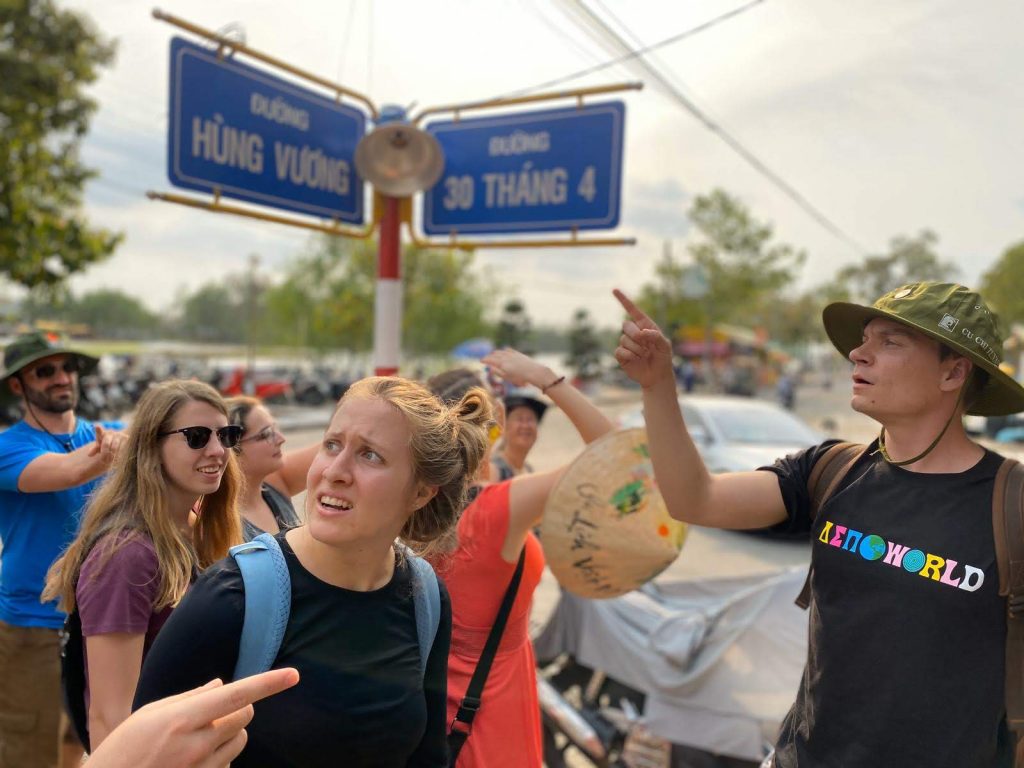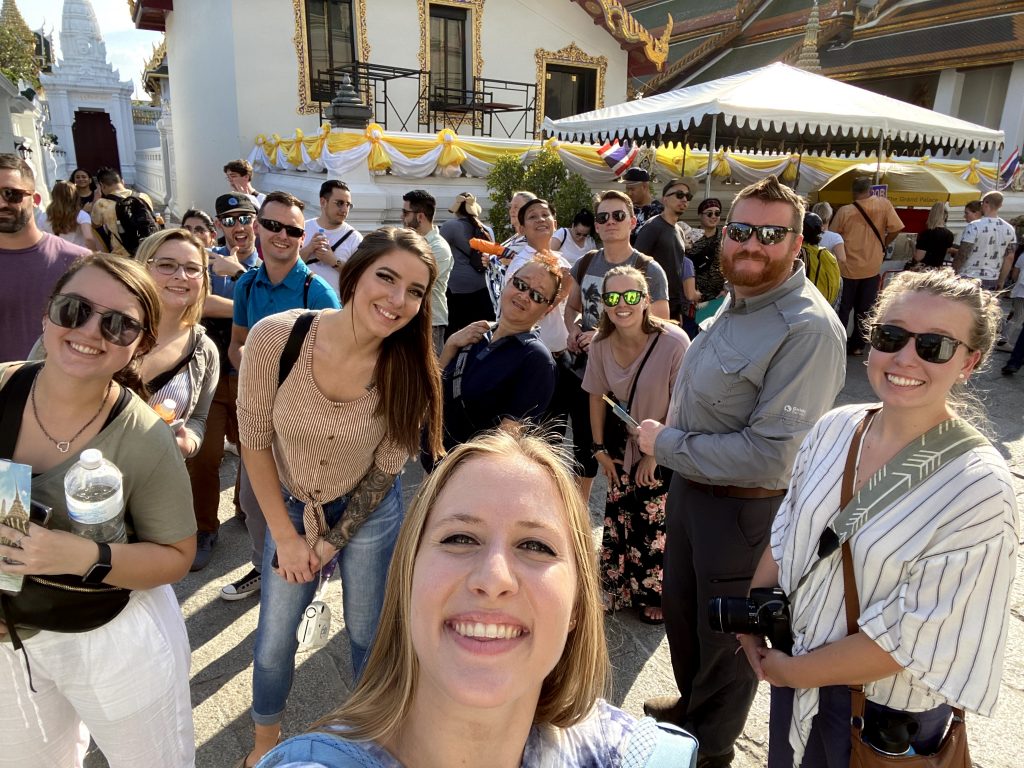I studied abroad in Madrid, Spain, during the Spring Semester of 2022. It was honestly one of the most amazing experiences of my life, and was a time I will truly never forget.
Being already an international student here at CLU, I felt pretty comfortable with the idea of studying abroad and therefore, probably felt less anxious than someone who hasn’t traveled/studied abroad before.
However, my advice would be not to worry! Once you arrive at your destination, everything just kind of falls into place and you find yourself feeling comfortable within no time.
Obviously, everyone experiences a level of homesickness at one point during their semester abroad, so I have some suggestions for you to help cope with it!
Firstly, initiate conversations and start making friends as soon as you arrive! Push yourself out of your comfort zone and make the effort to find your “people” or home away from home. I found that a lot of my friends were experiencing the same sense of fatigue and had cravings for home comforts. These shared feelings made it a lot easier to feel less alone. We were all living in a different country, within a different culture, and this experience is unique but also challenging! The friends I made in Spain were truly the best part of my experience. They helped me through the good times and the difficult times of studying abroad.
Secondly, keep in touch with your family and friends back home too. Just because you are in a new place and have 1000 different things going on, doesn’t mean you can’t make time to call your loved ones at least once a week. It’s important to keep them in the loop and this also helps your transition when you go home because they are informed on what you got up to during your semester.
Finally, take every opportunity that comes your way! I often found that the busier I was, the less I found myself feeling homesick. During your time abroad you will probably be traveling to different places each weekend, exploring the city you’re in, trying new food, going to bars/clubs, and just generally living a faster-paced lifestyle than perhaps the one you have in Thousand Oaks! So don’t assume you’re going to have a lot of time on your hands to feel homesick anyways.
Be excited for your next adventure and treasure every moment of it!
Written by: Sophie Davis ‘23

